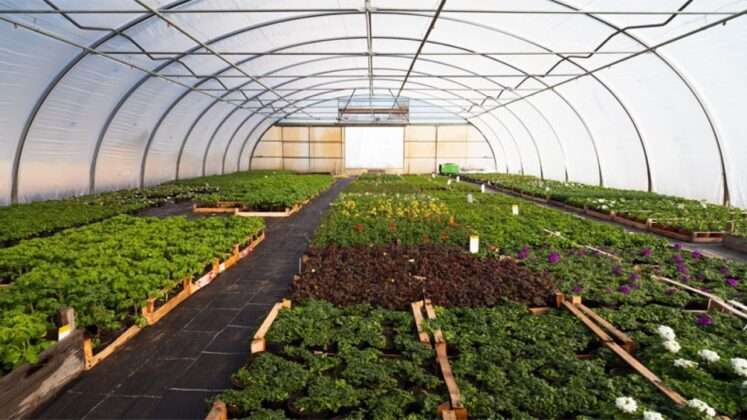The fifth phase of the Agricultural Science and Technology Indicators (ASTI) Programme designed to provide actionable data on agricultural research and development in Ghana and other 22 countries in the West and Central Africa has been launched.
It is expected to assist policymakers and other stakeholders to base their decision-making on the data generated through the Programme to foster food systems transformation.
The Programme, being funded by the United States Agency for International Development (USAID), is to review the performance, trends, strengths, weaknesses and challenges of agricultural research and development investments in the beneficiary countries.
“This partnership between CORAF and IFPRI, supported by USAID, will help to sustainably transform food systems in those countries, and contribute to the achievement of the Sustainable Development Goal Two (Zero Hunger).
“Providing relevant and high-quality data and analysis on agricultural research for development for member countries has always been a priority for CORAF, as outlined in the 2018-2023 Operational Plan”.
Dr. Emmanuel Njukwe, CORAF Director of Research and Innovation
A statement issued by the West and Central African Council for Agricultural Research and Development (CORAF), joint implementers of the Programme, signed by Ms. Princess Lorita Simbou, the Media Consultant, stated that the fifth phase of the Programme was launched at a virtual meeting of the Council.
Representatives of Regional Economic Communities (RECs), research institutes that are members of the National Agricultural Research Systems (NARS) under the scope of CORAF, as well as representatives of other technical and financial partners of CORAF participated in the meeting.
According to the Council, the fifth phase of the ASTI Program is based on three components: data collection, data analysis and outreach.
According to the statement, the CORAF would be working with key stakeholders, including the International Food Policy Research Institute (IFPRI) for effective implementation of the various components.
They will also explore ways to embed ASTI evidence in broader agricultural policy decision making processes.
The ASTI Programme
The ASTI Programme is an initiative of IFPRI that aims to provide information to stakeholders and generate knowledge on the inputs, performance and outcomes of agricultural research and development systems in low and middle-income countries.
It focuses on helping to build a solid foundation for long-term monitoring of agricultural research and development investments and capacities for increased productivity.
The initiative is meant to provide the necessary information to promote an understanding of the status and direction of national agricultural research systems in developing countries.
According to the CORAF, higher levels of investment in agricultural research are key to increasing agricultural production to meet global needs.
Despite this, many low and middle-income countries struggle with serious capacity and funding constraints in their agricultural research and higher education systems.
In line with the fifth phase of the Programme, the implementers will assess the impact of investments in the agricultural research and development sector, make a prospective analysis on the future performance of research systems under different investment scenarios, and build in-country analytical capacities.
The Program aims to influence policy in West and Central African countries pertaining to agricultural research for development.




















